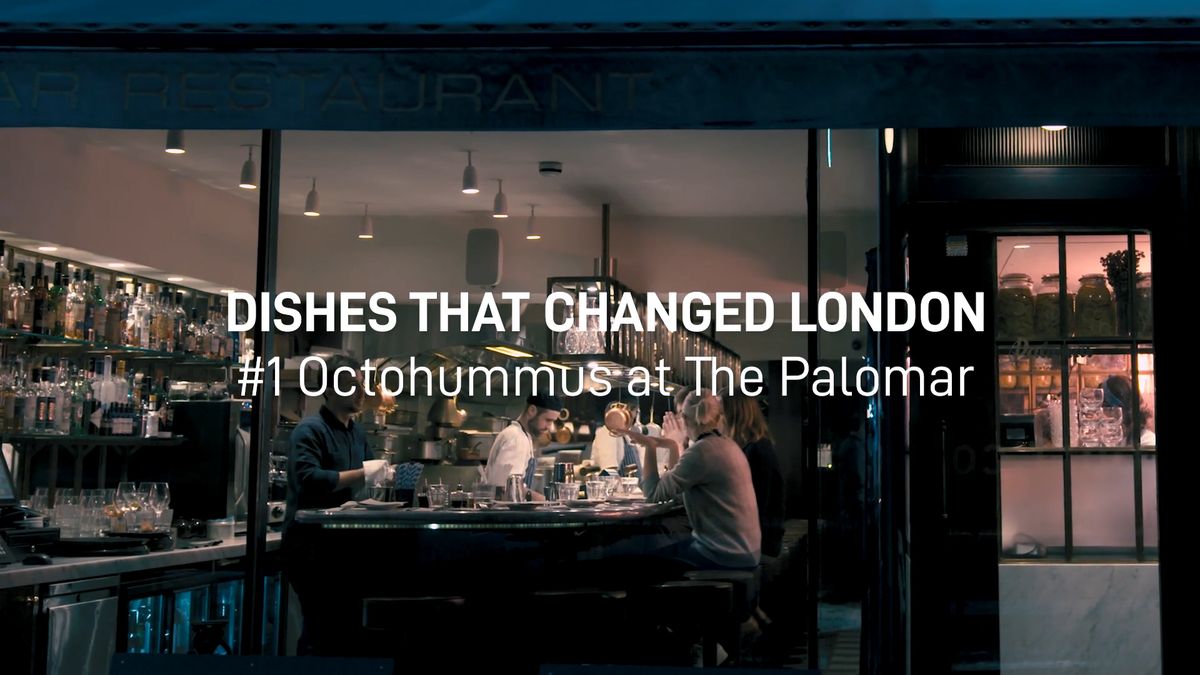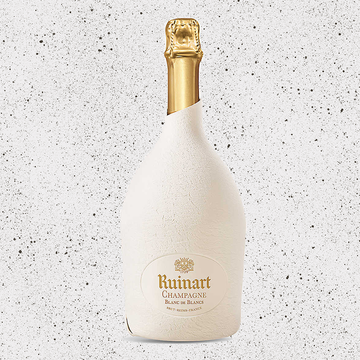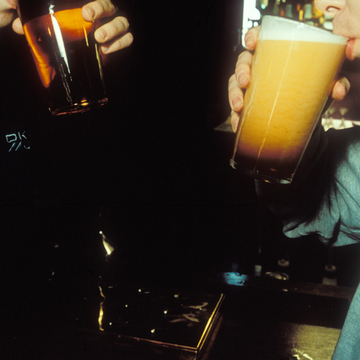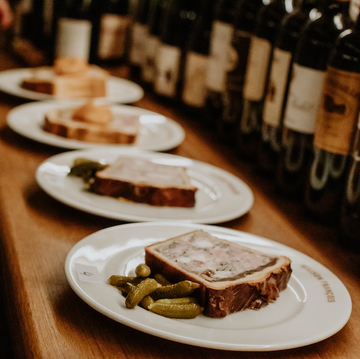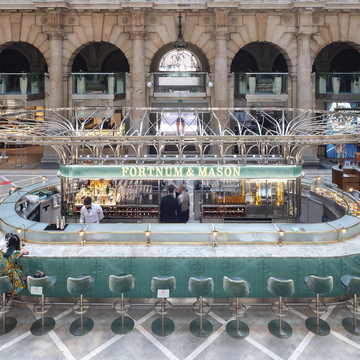Anthony Bourdain doesn't know when or how, but he believes a food apocalypse is coming. The planet is ill-equipped to feed the rapidly growing population, on track to reach 9.8 billion by 2050, and the food industry comfortably functions through a system of livestock factories, over-tilled farmland, and a glut of food in super markets that most people aren't even aware exists.
How much do we waste? Americans alone throw away 40 percent of the food they produce, most of which could feed children or create more as stock feed or compost. Instead, it sits in landfills. It's an unsustainable system of waste. "I don't even know that we deserve to live," Bourdain announces in the first minute of Wasted!, a new documentary that he executive produced.
Wasted!, which premieres October 13 in the U.S., covers all aspects of the wasteful food system on a global scale, lining up statistics with food advocates, chefs, and farmers. Bourdain himself assures he is not an activist, but the issue was too pressing for him to not get involved. He spoke with Esquire about the politics of food and why he doesn't want to be an advocate.
Is producing this documentary an activist move for you?
No. I don't like to be an advocate. I never saw myself as being a good candidate to be an advocate. I believe in uncertainty. I don't like to be sure of things. I like to maintain a willing suspension of disbelief. But I think this is an issue where I'm not ambivalent about anything. I learned to cook in kitchens where it was basically a sin to waste perfectly good food, so this is an issue that resonates with me in a visceral way.
Have you done anything on the issue before producing this documentary?
No—sort of unintentionally. There's a running theme in Parts Unknown and my previous shows: We celebrate cooks and cultures where they value every little bit, and where they try to turn what little they have into something proudly delicious. Those are the cooks I think I'm most emotional about, and have tried to present in the most flattering way, rather than high-end restaurants.
Are people in other countries more aware of the flavor profile of their food?
The notion of the terroir is something that's very well-understood in Europe. You talk about wine or animals. You taste the environment in which they grew up in, the condition. Good chefs have long understood the conditions in which animals live affect the flavor and texture of meat. An animal that has lived in fear or stress in its life is not desirable as food, for instance. And of course, what the animal eats very much affects its flavor profile, as well as its texture.
Are people starting to think that way in the U.S.?
I think so. Awareness of what we eat and expectations, the information we are interested in acquiring, is at an all-time high. People talk about food and share information about food in a way that they didn't 20 years ago. So I think we're already making positive gains as far as how much people know about food before they walk into a restaurant or go to the market.
Can you equate being interested in food waste to being interested in eating vegan or farm-to-table?
Look, increasingly the choices you make with food are political decisions or ideological decisions. That's both good and bad. Farm-to-table, while I appreciate the increased awareness, it's sort of a meaningless term. I mean, most food I know is raised on a farm and served on a table, so I'm not even sure what that means. It's like the word "artisanal." If you add it to a potato chip, you can charge more for it. But it's an indicator that people want to know where their food comes from, and that's good. We didn't want to make some overly ideological, depressing thing. I didn't want to make a film that's already preaching to the converted. I would hope anyone who likes to eat, who's interested in food, anybody with any kind of a conscious or interest in where food comes from and what our future might look like, would find something to be interested in in the film. I would be horrified if just liberal Democrats liked this film. That would be an utter failure for me. You know, we all eat. We all love our children.
Your scenes onscreen are more intense. Do you think one tone is more effective than the other?
I really don't think about that. I'm just being myself. I speak from my heart. I think on a day when I feel depressed, and I look around at what we're doing to ourselves and to our planet, and the reckless way in which we seem to be careening toward the apocalypse, I would be forgiven for sometimes thinking maybe we're getting just what we deserve: to drown in our own waste and filth. Over the last decades, we seem to be hurtling towards that outcome with thoughtless, reckless abandon.
Japan and South Korea's governments have both made policies about food waste. When do you think the U.S. will?
There's an urgency [in Japan and South Korea]. They have to think about these things. There's a real urgency there, that thing which we haven't felt in the States, but which we will feel. I don't know when. Much sooner than we like, I'm sure. There's always so many reasons in the world. I don't want to sound like a slight environmentalist, but it's a matter of fact that meat is not going to get cheaper over time. Fish are not going to become particularly more abundant or cheaper. We're going to have think about these things more aggressively out of necessity in the future.


